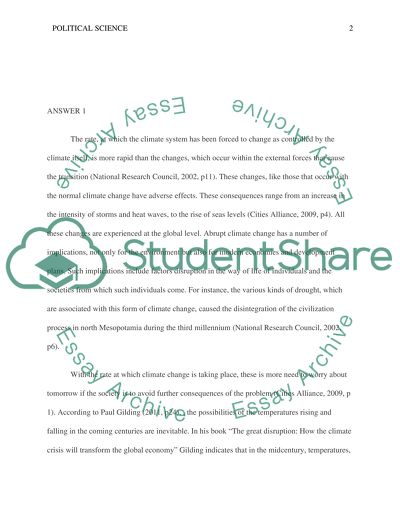Cite this document
(“Politics and Human Rights Assignment Example | Topics and Well Written Essays - 1500 words”, n.d.)
Politics and Human Rights Assignment Example | Topics and Well Written Essays - 1500 words. Retrieved from https://studentshare.org/history/1610945-politics-and-human-rights
Politics and Human Rights Assignment Example | Topics and Well Written Essays - 1500 words. Retrieved from https://studentshare.org/history/1610945-politics-and-human-rights
(Politics and Human Rights Assignment Example | Topics and Well Written Essays - 1500 Words)
Politics and Human Rights Assignment Example | Topics and Well Written Essays - 1500 Words. https://studentshare.org/history/1610945-politics-and-human-rights.
Politics and Human Rights Assignment Example | Topics and Well Written Essays - 1500 Words. https://studentshare.org/history/1610945-politics-and-human-rights.
“Politics and Human Rights Assignment Example | Topics and Well Written Essays - 1500 Words”, n.d. https://studentshare.org/history/1610945-politics-and-human-rights.


